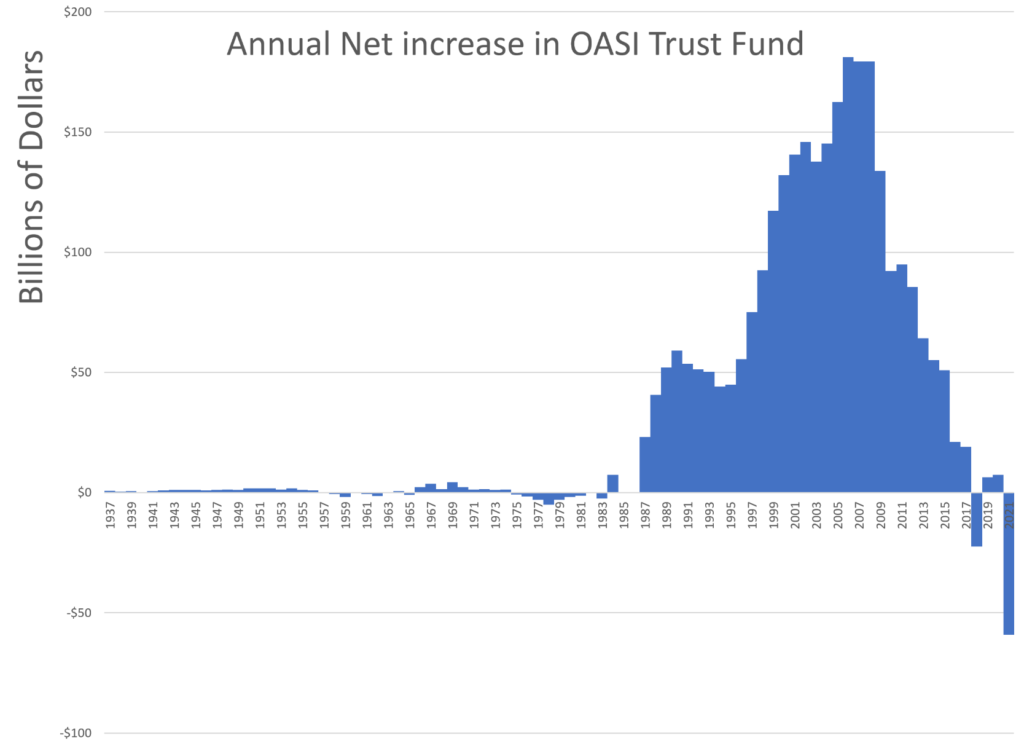Link: https://jacobin.com/2023/02/france-emmanuel-macron-pension-reform-protest-strike-welfare
Excerpt:
According to police figures, Tuesday’s nationwide protests marked the largest single-day union-backed demonstration in France in thirty years. Some 1.272 million turned out to the streets. That’s more than the already-impressive January 19 turnout, it’s more than any of the single-day peaks of the 2010 and 2003 movements over retirement reforms — it even topped the height of the legendary 1995 protests.
And there’s more to come. The united union coalition has called for two further days of strikes and protest: Tuesday, February 7, and Saturday, February 11. “Until then,” the coalition has also called on the public to “multiply actions, initiatives, meetings, and general assemblies across the country, in workplaces [and] at places of study, including through strikes.”
After two successful national mobilizations, the movement seems to be entering a new phase. Public opinion is clearly on its side — and yet, the government isn’t budging on the proposed hike in the retirement eligibility age from sixty-two to sixty-four. Clearly, it’s going to take more for organized labor to win this battle.
….
Clearly, the strike calls over pension reform have resonated beyond organized labor’s traditional bastions of support in the public sector: namely, schools, health services, and transit networks (the national SNCF rail company and the Paris metro network). Workers in all these sectors have walked off the jobs, but so have others in the private sector. The General Confederation of Labour (CGT) has shared a list of strikes on January 31 that illustrates this point: five thousand strikers at Airbus; a walkout from 90 percent of the staff at a FNAC department store outside of Toulouse; a strike from 80 percent of the workers at a LU Mondelēz factory in Normandy, etc.
Author(s): Cole Stangler
Publication Date: 2 Feb 2023
Publication Site: Jacobin

